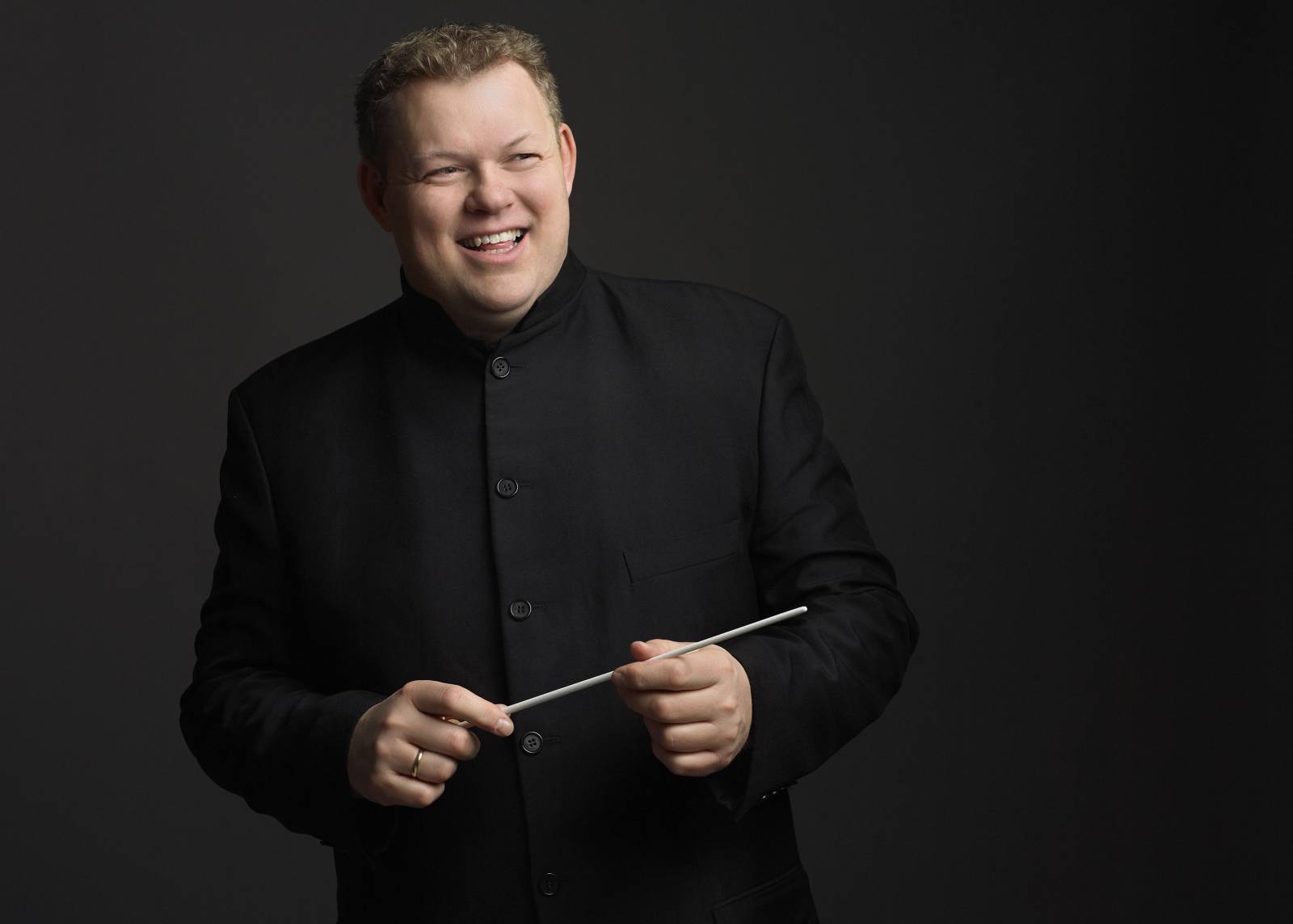
Rune Bergmann
Photo by Trudie Lee
Q Describe your role as Music Director.
A Music Director can mean so many things, and has involvement in all aspects of the organization. There are many details that need to be organized like high-level programme and artistic planning. The Music Director determines the direction that the Orchestra will take, so it is very important to have a vision and a long-term strategy for the whole organization. I always try to have a ten year plan for the artistic development of an orchestra. Even though I don’t know exactly how long we will work together I look ten years ahead to find the vision, direction, and the way to go. I also enjoy taking time to meet our fantastic supporters and audience.
Q Tell us about your vision. What do you think the next few years look like for the CPO?
A My vision and goal is made by aiming as high as possible in the quality of how we make music. There are many aspects of making music. To mention just a few, we would have to play with a high technical perfection, but most importantly with a passion, love, and heart for the music and the performance. Succeeding today is all about the whole package. Calgary is very unique and a special place with a very exciting orchestra. Calgary Philharmonic is an orchestra which I strongly believe will be interesting for the rest of the world. This is why I like to call the Calgary Philharmonic an orchestra for the world. Our partnership with Meludia and live streaming concerts will both contribute to move the orchestra into a new era.
Q How do you see yourself evolving in your very unique career path?
A Mostly in the same way I plan the career and development of the Orchestra. Everything has to be done step by step, and it is extremely important to find the right balance on how much I can push the limits. I always say that only the sky is the limit, but timing is everything. Building a career today is also very different from many of my older colleagues. The world and the music business are changing a lot, and in my opinion, the conductor has to be very aware of the changes in both the economy and politics. The music will always be needed and relevant, but every orchestra and conductor have to make themselves relevant for the audience, supporters, and the next generation. The most important thing for me is to always keep the joy, love, and passion for the music, and working with people.
Q Do you play any instruments yourself?
A My instruments have been trumpet, piano, singing and violin/viola. It is not easy to keep in shape while traveling, but lately I have tried to keep the trumpet in shape and play together with my children. Every year I play the trumpet in the church in my hometown in Norway. This has been a tradition for many years, and I love to play with the fantastic musicians and to contribute to the local church together with my wife who plays the oboe. For my family this has been a very nice Christmas tradition, and this past year my oldest son played with us for the first time.
Q When you conduct a concert, what are you thinking about as you move through the score? Do you think about time, pitch, and different parts all at the same time?
A That is a great question. I probably do all of those things, but I never think about it. Basically I just enter the stage with an extreme passion and love for the music we are performing. From the moment I enter the stage I am on a journey thorough the music, and I always invite and trust the orchestra to join our story and journey. The audience probably doesn’t understand how we do it, but they for sure can feel it. When the conductor and the orchestra move together and tell the same story in an enthusiastic way, that’s when the magic happens. I love that the Calgary Philharmonic Orchestra shares the same passion and love for music as me. This is how we will make many magical moments for our audience.
Written by Stephen Hunt
